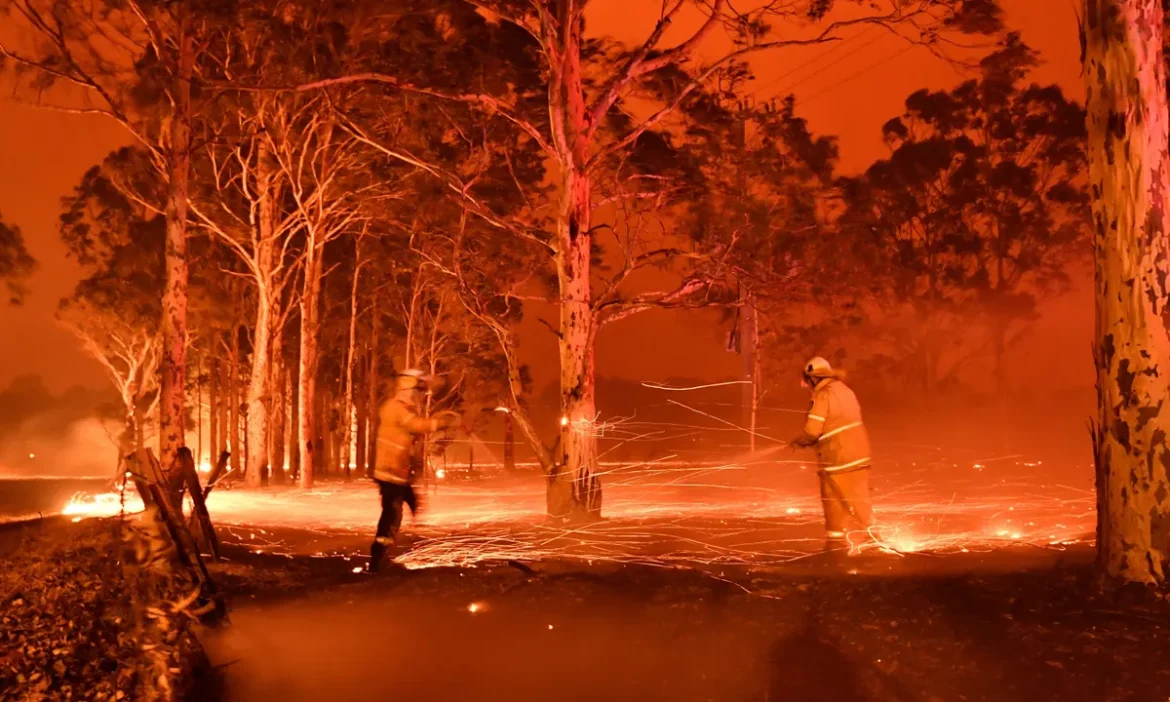A study published in the journal Nature has shown that smoke from the 2019-20 Australian bushfires temporarily depleted the ozone layer by 3% to 5% in 2020.
Smoke from the fires, which circulated around the globe, was ejected into the stratosphere, the second layer in Earth’s atmosphere, by a pyrocumulonimbus cloud.
In her reaction, the lead researcher, Prof Susan Solomon, an atmospheric scientist at the Massachusetts Institute of Technology in the US, said that the ozone destruction by smoke particles was similar to the process of the Antarctic ozone hole forming each spring, “but at much warmer temperatures”.
The researchers found that Smoke aerosols can activate chlorine to form compounds that then destroy ozone molecules.
Read also: Record-breaking winter temperatures warm Europe
Solomon further stated that chlorine in the stratosphere had been decreasing since the 1987 Montreal protocol phased out the use of ozone-depleting chlorofluorocarbons. “There’s a tremendous science policy success story there,” she said. “The slow recovery of the ozone layer is on the order of 1% per decade in the mid-latitudes.”
She however warned that more frequent fires could delay ozone recovery. “All of a sudden, in one year [2020], we had a 3% to 5% loss. It’ll recover if that’s the only year that it happens, but not if it keeps happening.
According to her, “The question in my mind is: is the man-made chlorine going to get … diluted and destroyed out of the atmosphere faster than global climate change is going to increase the frequency and intensity of this kind of fire? I think it’s going to be a race.”
On his part, Martin Jucker, a lecturer at the University of New South Wales who was not involved in the research, agreed that the ozone hole might recover more slowly than expected as the result of more bushfires in future.
“Of particular interest for Australia is the extension of the ozone hole further equatorward, which means that the ozone layer can become thinner much closer to where millions of Australians live,” he said.
Story was adapted from the Guardian.
